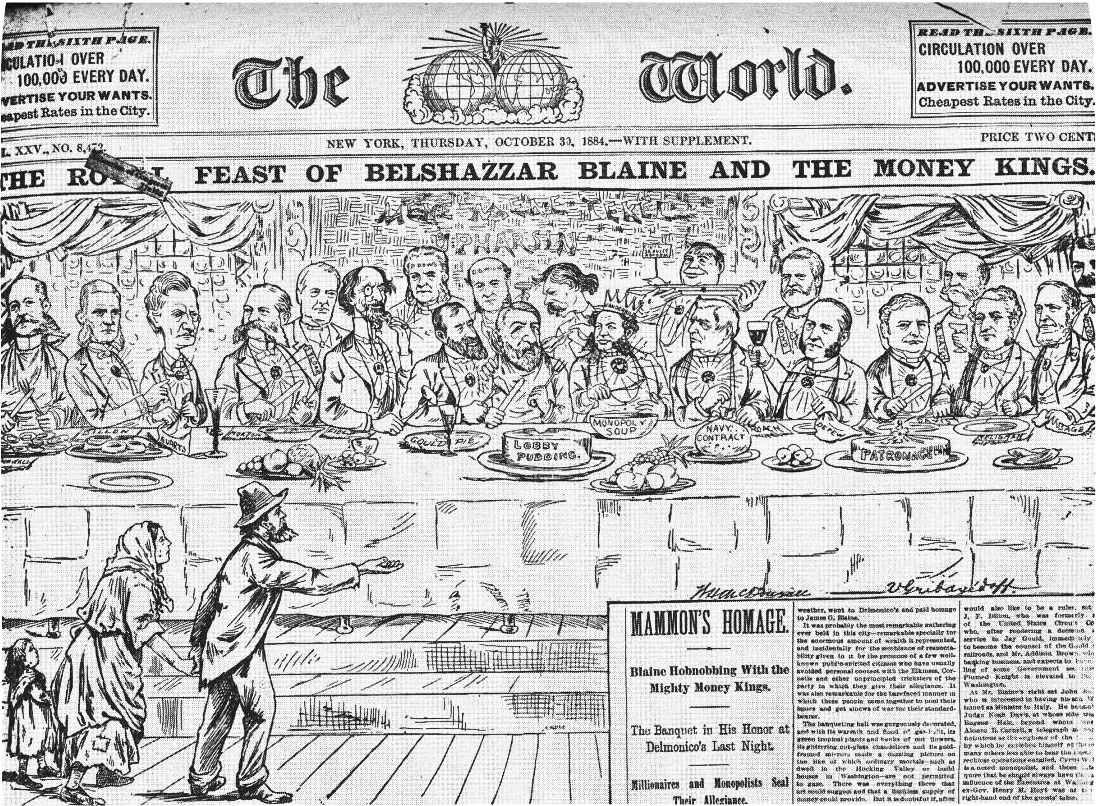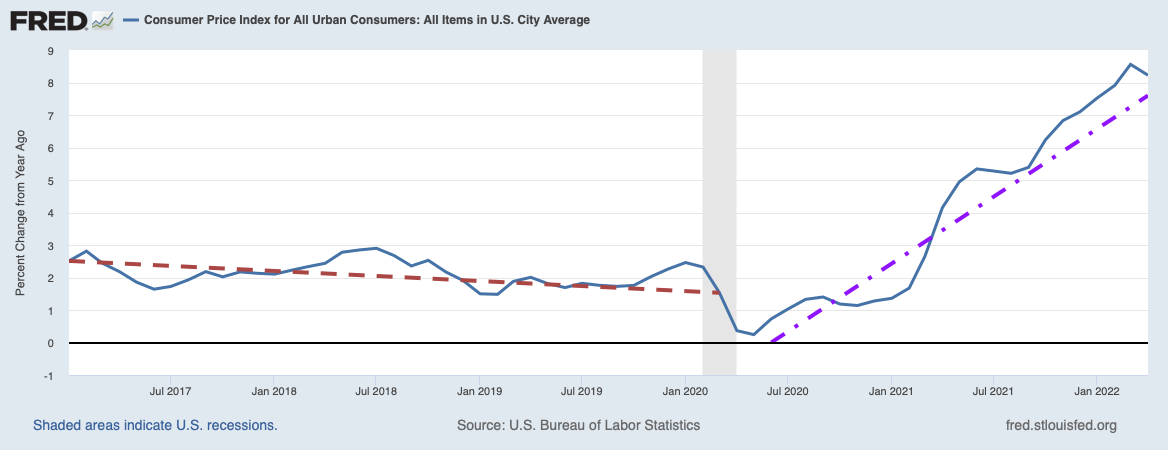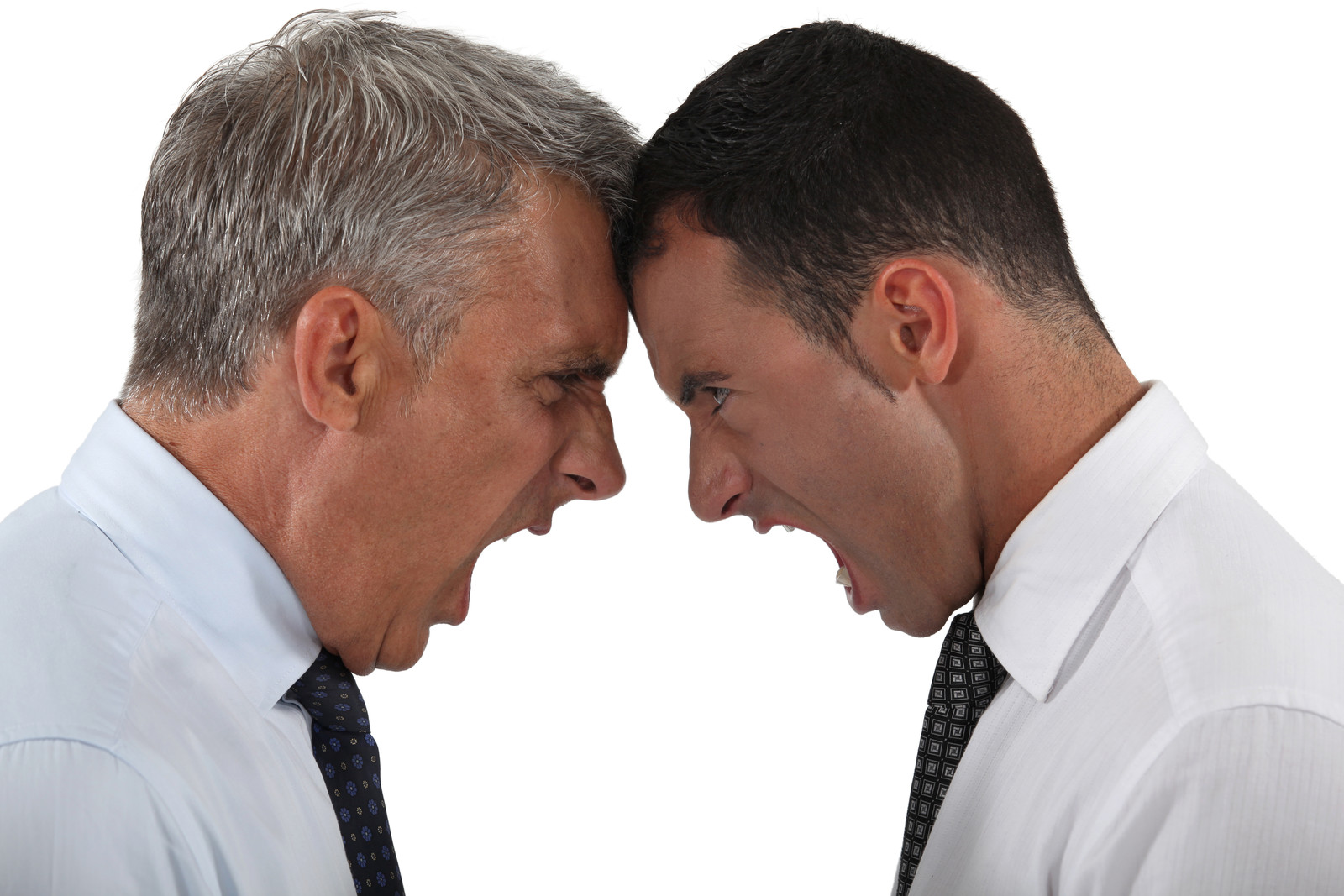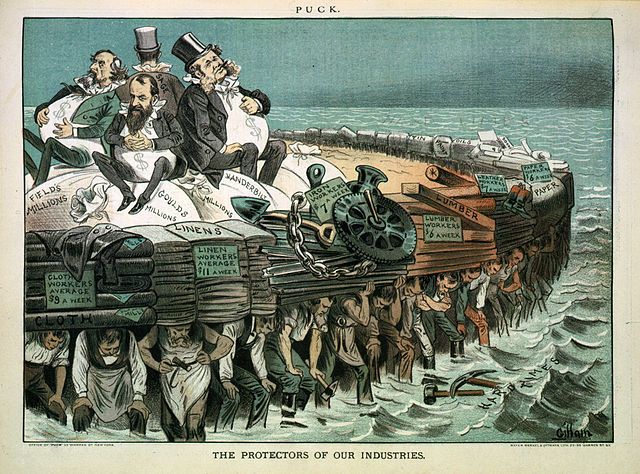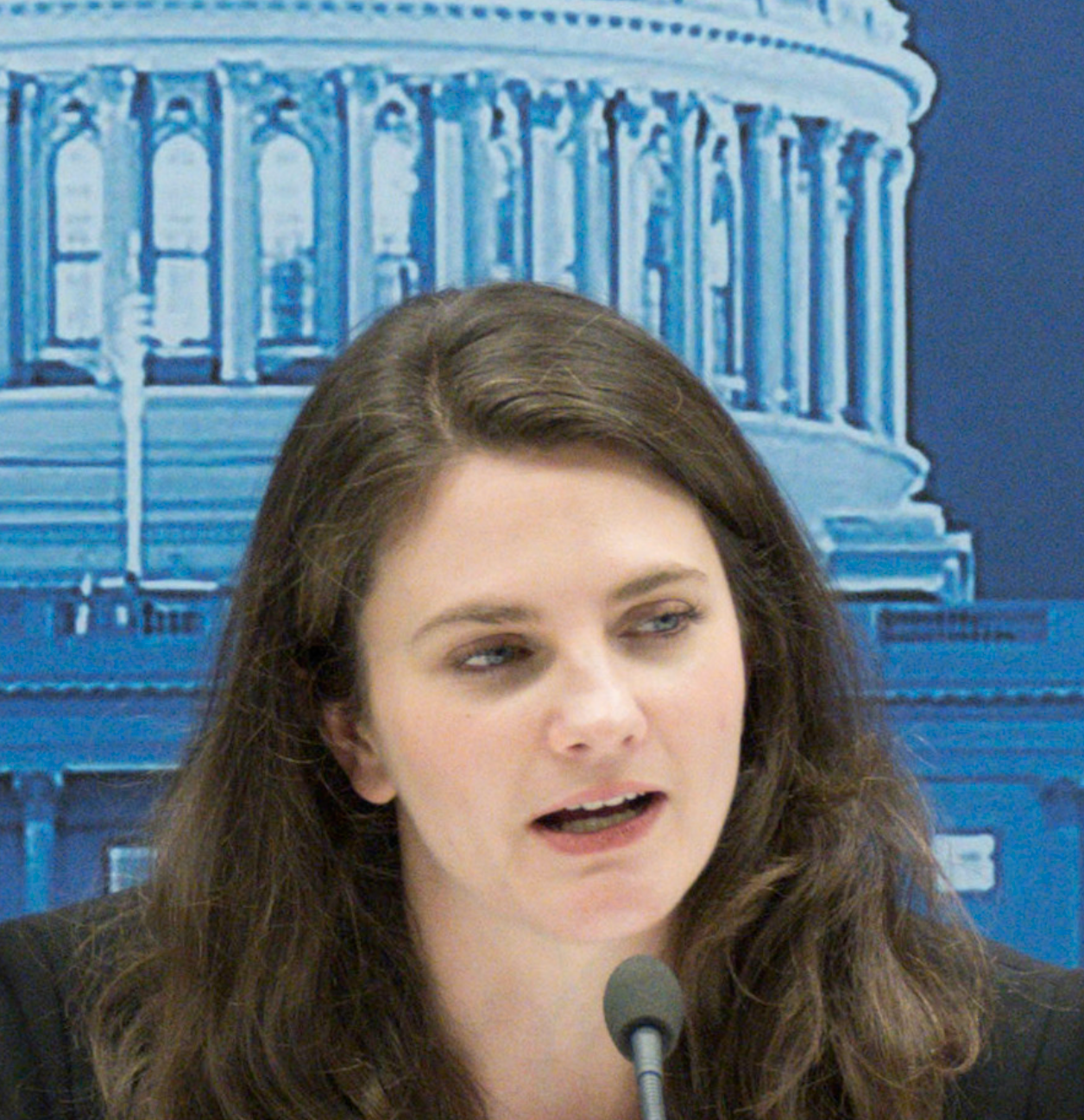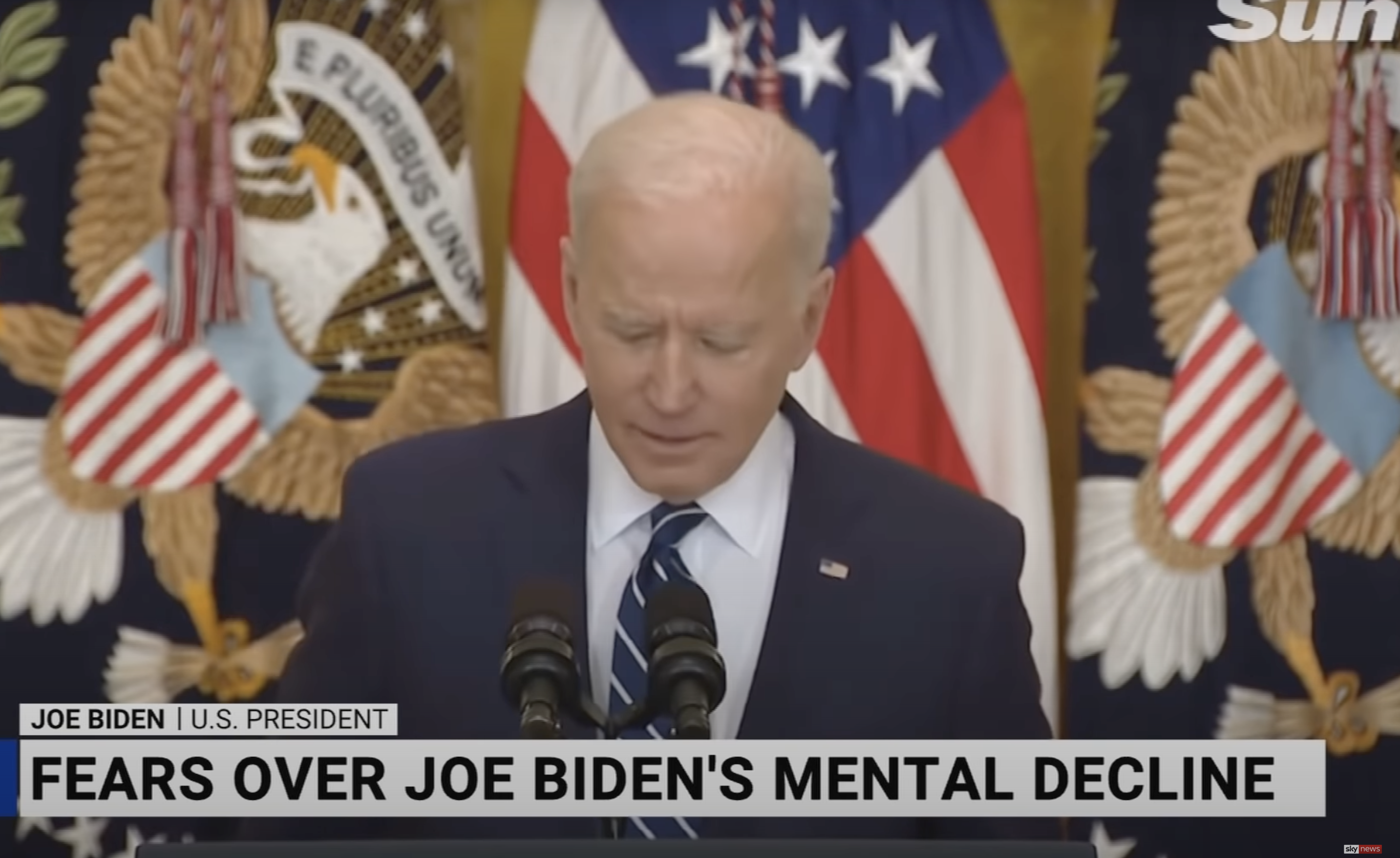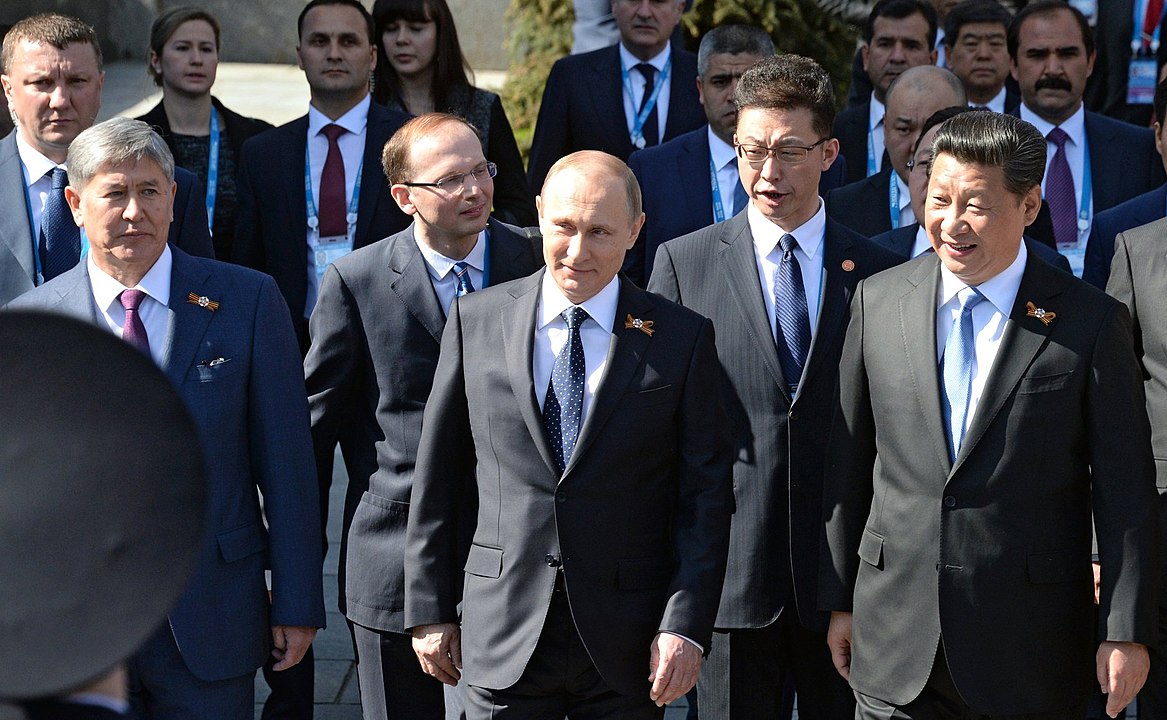Time Is Not The Friend of Vladimir Putin — Nor of Xi Jinping
At a time when Russia is conquering Ukraine, and threatening the Baltic states (Lithuania, Latvia, and Estonia) and Poland), despair for our own security is all too easy. This is especially true given the general incompetence of the Biden regime and its cutting of real defense expenditures after inflation. (Defense spending increased 5%, but annualized inflation is now 7.9% and is rising.) The Baltic states and Poland are all members of the North Atlantic Treaty Organization (NATO). Should Russia attack any of them after conquering Ukraine, we would be obligated under article 5 of the NATO treaty to go to war with Russia to defend them. Yet, no matter what happens in the short term in the war in Europe, time is not the friend of Russian President Vladimir Putin. Nor is it the friend of our other totalitarian archenemy, China’s supreme leader Xi Jinping.
Totalitarians Are Their Own Worst Enemies
The fundamental problem totalitarians have is they want to control everything. Yet, social reality is far too complicated for any totalitarian to effectively control his country. I wrote about this fact in the September 2015 post, Achilles Heel of Autocrats: Their Economy. Empirical evidence demonstrating autocratic regimes are bad for their societies can be found in the post How Much Human Freedom Can We Find in the World? An explanation for why this is so can be found in the essay How Is the Weather Like a Country’s Economy? In general, governments lack both the competence and the capability to control everything in a way beneficial to society.
In seeking total control, authoritarian regimes weaken themselves fatally in two different ways. The first is the obvious one that they cause social systems to progressively weaken and not meet the needs of their country’s people. The second reason for their self-weakening is that autocratic regimes naturally alienate their peoples. People naturally desire to control their own lives. The more a government takes away that control and simultaneously weakens the ability of social systems to support human lives, the more the country’s population will despise and hate the ruling regime. If this process progresses too far, then in the words of the ancient Chinese, the ruling regime loses “the mandate of heaven.”
In both the Russian Federation and the People’s Republic of China, these destructive processes are eating away at the foundations of those societies.
Russia’s Self-Destruction
Russia’s economy is a mess. For the first nine years of Putin’s first regime (1999-2008), the Russian economy boomed with an average growth rate of 7 percent per year. This growth was due primarily to the economic liberalization caused by Boris Yeltsin’s market reforms. However, as Putin progressively pushed Russia into a fascist state, economic growth stagnated with an average growth rate of around one percent since 2009.
According to the World Bank, Russia’s 2020 GDP (the last available figure from the World Bank) was just $1.48 trillion in 2020 dollars. Compare this figure with the U.S. 2020 GDP of $20.95 trillion. The comparison of the two countries’ GDP per capita is also bad for Russia. Russia’s 2020 per capita GDP was $10,126.72, while for the U.S. it was $63,593.44. Below are two plots showing the time development of both these economic figures of merit compared with those of the United States.


Either way that one measures a country’s GDP, Russia is much weaker economically than the U.S. Also, observing the average slopes of the curves, it should be clear the U.S. is growing much faster on average than the Russian Federation. This fact is demonstrated by a comparison of the two nations’ annual GDP per capita growth, as shown below.

With the exception of a period roughly between 1999 and 2008 coinciding with the results of Boris Yeltsin’s economic reforms, Russia’s growth rates have been declining on average. Rather than build on Yeltsin’s free-market policies, Putin pushed Russia back into the form of socialism known as fascism. A socialist state is one in which the government controls the economy. The fascist form allows for private ownership of the means of production, but the state controls as much of those means as it needs to effectively control all of society. Rather than controlling the companies they own, the owners become apparatchiks of the state. As Putin gained increasing control over Russia’s economy through the country’s elite oligarchs, he started a process of economic decay. The mechanism of this decay was detailed in the post How Is the Weather Like a Country’s Economy?
This economic rot began long before Putin’s ill-advised war with Ukraine. Now with the West’s reactions sundering Russia’s economic ties to the rest of the world, we can expect the crumbling of Russia’s economy to accelerate. Time is definitely not the friend of Vladimir Putin.
China’s Inevitable Decline
As with the Russian Federation, so goes the People’s Republic of China under Xi Jinping. Prior to Xi’s regime, the Chinese counterpart of the Russian free-market-reforming Boris Yeltsin was Deng Xiaoping. After the death of Mao Zedong in 1976, Deng gradually assumed Mao’s powers to become the supreme leader of the Chinese Communist Party (CCP) in December 1978. Holding supreme power for a longer time than Yeltsin did in Russia, Deng had better luck in building his country’s economic power.

Source: National Archives and Records Admin.
Having experienced Mao’s twin disasters of the Great Leap Forward (1958-1962) and the Great Cultural Revolution (1966-1976), Deng and his allies looked to the incentives and freedoms of free-markets to rouse China’s economic development. They succeeded spectacularly. In the 40 years between 1978 and 2018, China’s GDP increased from $364.39 billion to $13.45 trillion in constant 2015 US dollars. During the same time period, GDP per capita increased from $381.10 to $9,619.19 in constant 2015 US dollars. This spectacular growth led the West to incorporate China into world trade, and to admit it to the World Bank. The universal hope was that as China became more prosperous with increasingly free markets, China would become more democratic, more free, and more like the West.
But autocrats are loath to lose their powers. Just as Vladimir Putin pulled back from Yeltsin’s free-market reforms, Xi Jinping is removing many of Deng’s market liberalizations. Indeed, just like Putin in Russia, Xi is moving China back to socialism. This process is just beginning, but as it proceeds, the CCP will gain control over all aspects of Chinese society. As Friedrich Hayek noted in chapter 7 of his seminal 1944 book, The Road to Serfdom,
“Our freedom of choice in a competitive society rests on the fact that, if one person refuses to satisfy our wishes, we can turn to another. But if we face a monopolist we are at his mercy. And an authority directing the whole economic system would be the most powerful monopolist conceivable.“
Friedrich Hayek, The Road to Serfdom, chapter 7
Later, he writes
“The power conferred by the control of production and prices is almost unlimited. In a competitive society the prices we have to pay for a thing, the rate at which we can get one thing for another, depend on the quantities of other things of which by taking one, we deprive the other members of society. This price is not determined by the conscious will of anybody. And if one way of achieving our ends proves too expensive for us, we are free to try other ways. … In a directed economy, where the authority watches over the ends pursued, it is certain that it would use its powers to assist some ends and to prevent the realization of others. Not our own view, but somebody else’s, of what we ought to like or dislike would determine what we should get. And since the authority would have the power to thwart any efforts to elude its guidance, it would control what we consume almost as effectively as if it directly told us how to spend our income.“
The emphasis in this quote is mine.
Yet, despite all the economic advances under Deng, China remains economically weaker than the U.S. As China is moved back to socialism, it will grow weaker still. As shown in the plot below, China’s GDP in constant 2015 U.S. dollars grew considerably faster than that of the U.S. between the years 2004 and 2018. However, in the past few years that growth has begun to lessen. One might argue this is due to the COVID-19 pandemic. This is certainly the case for the U.S. However, history strongly suggests more is happening than that for China.

Data Source: The World Bank
The relative weakness of China is much more evident in a plot of the time development of their GDPs per capita. This is shown below.

Data Source: The World Bank
In comparing the data for China with that for Russia in the previous section, it should be clear that China is the much stronger opponent for the U.S. Yet, because Xi is making the colossal mistake of taking China back to socialism, it should grow increasingly weaker compared to the U.S. This assumes we can keep progressive Democratic politicians from making the U.S. more socialist.
A Future Fraught With Danger
From the previous two sections, we might think that China and Russia are manageable albeit very dangerous threats. Because of their need for total control, central government control over their economies will strengthen. Then as time passes, misallocation of vital assets will progressively weaken their countries. These misallocations will have two major causes. The first is the allocation of resources motivated not by a desire to improve the economy, but by the rulers’ need to increase their control over their own and other nations. The second is governments’ inability to effectively manage their societies. All large social systems, particularly the economy, are chaotic systems, impossible to totally predict and control by a central government. The more a government tries, the more it will make wasteful mistakes in asset allocation.
As hopeful as this picture is, it is highly misleading in one very important way. As the mistakes of Russia and China begin to accumulate, the rulers of those nations will become increasingly desperate to achieve their most desired goals. Eventually, they might even despair about their own political or even physical survival. We can see this right now in the behavior of Vladimir Putin. With the war in Ukraine dragging on, the West has largely isolated Russia from world trade. The Russian economy is crashing.
Putin’s reactions to all this include threats to use nuclear weapons, and threats that Western supply of weapons and other aid to Ukraine will be considered acts of war by the Kremlin. Will nuclear war on the West be the result? Could we see something similar from the Chinese and Xi Jinping should they invade Taiwan? Time might not be the friend of Putin and Xi, but it might not be our friend as well.
Views: 1,786























